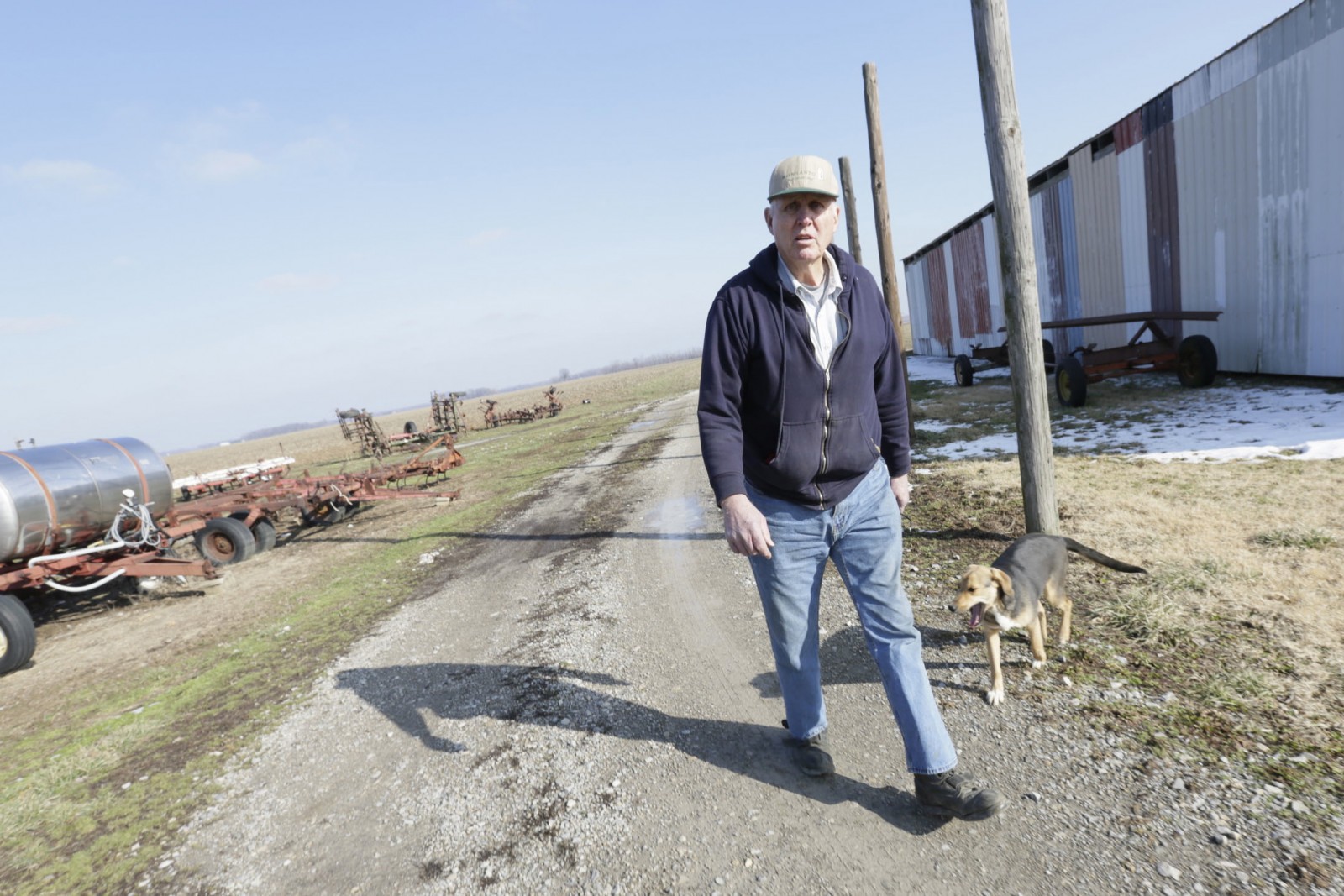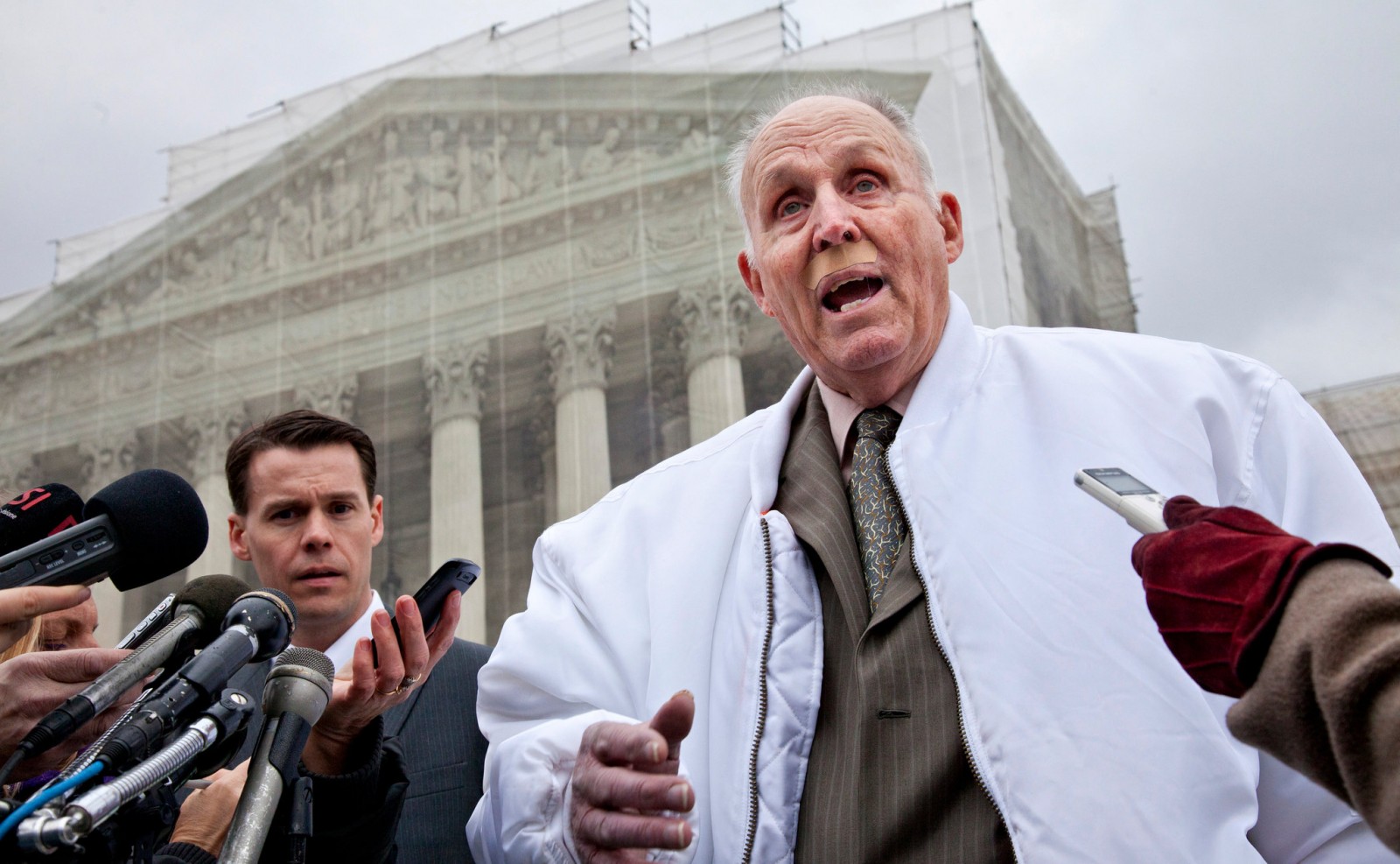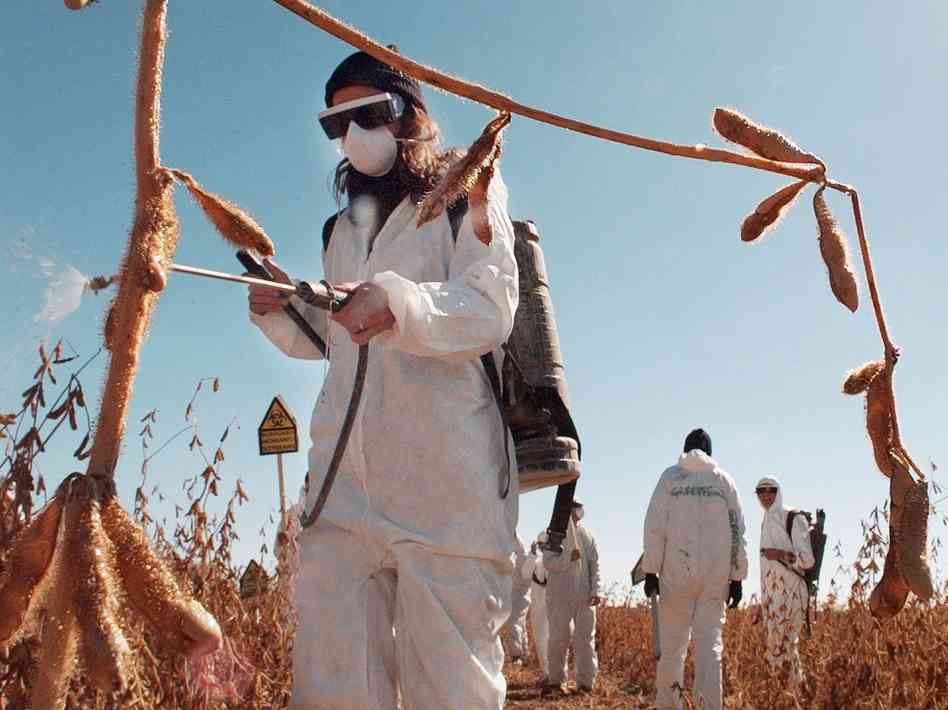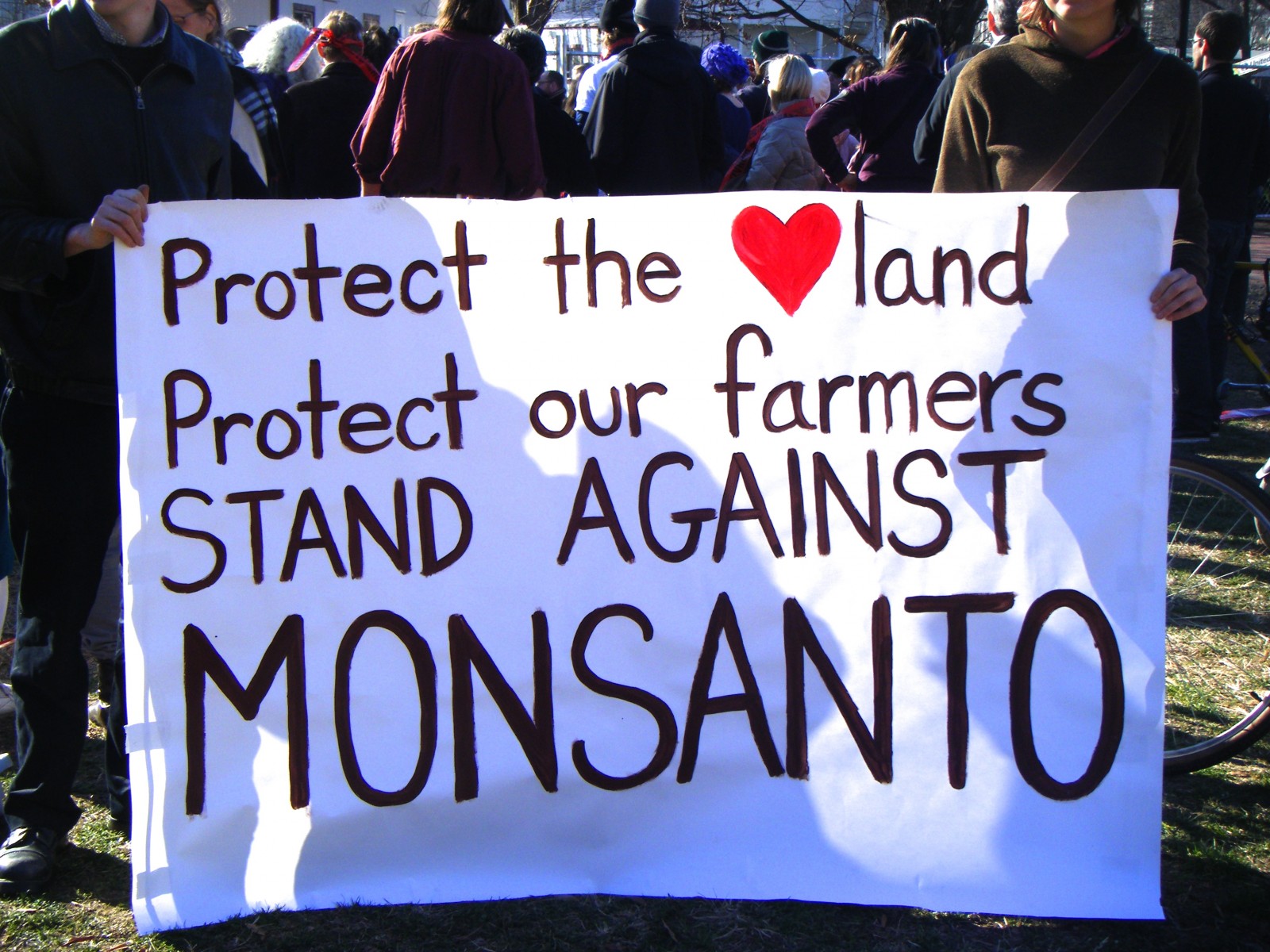
Farmers must pay Monsanto each time they plant the company’s genetically modified soybeans, the Supreme Court ruled Monday, rejecting an Indiana farmer’s argument that his unorthodox techniques did not violate the company’s patent.
Farmer Vernon Hugh Bowman asserted that because the company’s herbicide-resistent Roundup Ready soybeans replicate themselves, he was not violating the company’s patent by planting progeny seeds he bought elsewhere. But the justices unanimously rejected that claim, with Justice Elena Kagan writing there is no such “seeds-are-special” exception to the law.
“Bowman devised and executed a novel way to harvest crops from Roundup Ready seeds without paying the usual premium,” Kagan wrote for the court, rejecting what she called Bowman’s “blame-the-bean defense.”
“Bowman was not a passive observer of his soybeans’ multiplication; or put another way, the seeds he purchased (miraculous though they might be in other respects) did not spontaneously create eight successive soybean crops,” Kagan wrote.
While the case was about soybeans, the broader issue of patent protection is important to makers of vaccines, cell lines, software and other products that might be considered self-replicating.
Corporations worried that their investments would be threatened if patents were honored only on the first sale of self-replicating products, a legal doctrine called patent exhaustion. It means companies have no control over their products once they have been sold.
But Kagan warned that the Monsanto decision was a limited one and did not address every issue involving a self-replicating product.
“We recognize that such inventions are becoming ever more prevalent, complex, and diverse,” Kagan wrote. “In another case, the article’s self-replication might occur outside the purchaser’s control. Or it might be a necessary but incidental step in using the item for another purpose.”
But Kagan said the court concluded: “We need not address here whether or how the doctrine of patent exhaustion would apply in such circumstances.”
Kagan’s sprightly written opinion aside, the court’s reluctance to address those broader issues raised questions about why it accepted the case, since lower courts had also ruled for Monsanto.
As the justices had indicated at oral arguments in the case in February, they believed Bowman’s practices threatened the incentive for invention that is at the heart of patent law.
If someone is able to copy a patented product simply by planting it and collecting its progeny, “a patent would plummet in value after the first sale of the first item containing the invention,” Kagan wrote. “And that would result in less incentive for innovation than Congress wanted.”
Bowman acknowledged that his techniques were unusual.
The farmer purchased Roundup Ready soybeans for his first planting of the year on the 300 acres he farms in southern Indiana. They are so named because they are resistant to Roundup, Monsanto’s omnipresent weed killer, which has revolutionized farming.
At the time of the purchase, Bowman agreed to the company’s demands that he not save seeds from the crop for future planting.
But for a second planting, which Bowman said is riskier because of the weather, he said it would not be cost-effective to pay Monsanto’s premium.
So instead he bought commodity soybeans, which are usually used for feed, from the local grain elevator. He believed those beans would also be Roundup Ready because about 90 percent of soybeans grown in the country are. Bowman acknowledged that he did save seed from those crops and bought more commodity beans for subsequent plantings.
Monsanto said Bowman’s plantings violated the company’s patent. The U.S. Court of Appeals for the Federal Circuit agreed and told Bowman to pay nearly $85,000 in damages.
Kagan noted that Bowman conceded that the exhaustion doctrine does not allow him to “make” a new product based on Monsanto’s invention.
“But it was Bowman, and not the bean, who controlled the reproduction (unto the eighth generation) of Monsanto’s patented invention,” Kagan wrote.
The case is Bowman v. Monsanto.
Originally published by Washington Post.
3 WAYS TO SHOW YOUR SUPPORT
- Log in to post comments















